Dark matter and dark energy are two mysterious and elusive components that scientists believe make up the vast majority of the universe's mass and energy. They cannot be seen or detected directly by telescopes, and their existence is only inferred by their gravitational effects on visible matter. Visible matter, which is the matter we are familiar with, makes up only 2.5% of the universe's total mass-energy. This matter, known as baryonic matter, is composed of baryons, particularly quark up and down. the building blocks of Protons and Neutrons
How Do We Know About Dark Matter and Dark Energy?
The concept of dark matter was first proposed in the 1930s by Swiss astronomer Fritz Zwicky. He noticed that the mass of galaxy clusters seemed to be much greater than the mass of the visible stars and gas within them. This led him to conclude that there must be some invisible matter that was providing the extra gravitational pull. Since then, scientists have gathered more evidence for the existence of dark matter.
Dark energy, on the other hand, was first proposed in the late 1990s based on observations of supernovae. The observations showed that the universe is expanding at an accelerating rate, which suggested the existence of a mysterious repulsive force, now known as dark energy, that is driving the expansion.
What Is Dark Matter Made Of?
The exact nature of dark matter is still unknown, but scientists have some theories. One popular theory is that dark matter consists of weakly interacting massive particles (WIMPs). These particles would not interact with light, making them invisible, but they would still interact with other matter through gravity. Other theories suggest that dark matter could be made up of axions or sterile neutrinos.
Axions are hypothetical particles that were first proposed in the 1970s as a possible solution to the strong CP problem in particle physics. The strong CP problem is a theoretical issue related to the strong force, one of the four fundamental forces of nature. Axions are thought to be extremely light and weakly interacting, which would make them difficult to detect. However, they could still provide the missing mass needed to explain the gravitational effects attributed to dark matter.
Sterile neutrinos are a type of neutrino that does not interact with other matter through the weak force, which is one of the fundamental forces of nature that governs the behavior of subatomic particles. Sterile neutrinos are still hypothetical and have not been directly observed, but they are a candidate for dark matter because they would not interact with light or other matter, making them difficult to detect. Some theoretical models predict that sterile neutrinos could be relatively heavy compared to other types of neutrinos.
What Is Dark Energy?
The nature of dark energy is even more mysterious than that of dark matter. Scientists believe that it is a form of energy that fills the entire universe and is responsible for the accelerating expansion of the universe. Some theories suggest that dark energy is a property of space itself, while others propose that it is associated with a new fundamental particle or field.
Why Are Dark Matter and Dark Energy Important?
Dark matter and dark energy play critical roles in the structure and evolution of the universe. Without dark matter, galaxies would not have enough mass to hold themselves together, and the universe as we know it would look very different. Understanding the nature of dark matter and dark energy is also important for our understanding of fundamental physics. It could help us answer questions about the nature of the universe, such as why there is more matter than antimatter, and the ultimate fate of the universe.
Conclusion
Dark matter and dark energy remain some of the most intriguing and mysterious concepts in modern astrophysics. While we don't yet know what they are made of, we do know that they play critical roles in the structure and evolution of the universe. Continued research and observation will hopefully shed more light on these enigmatic components.
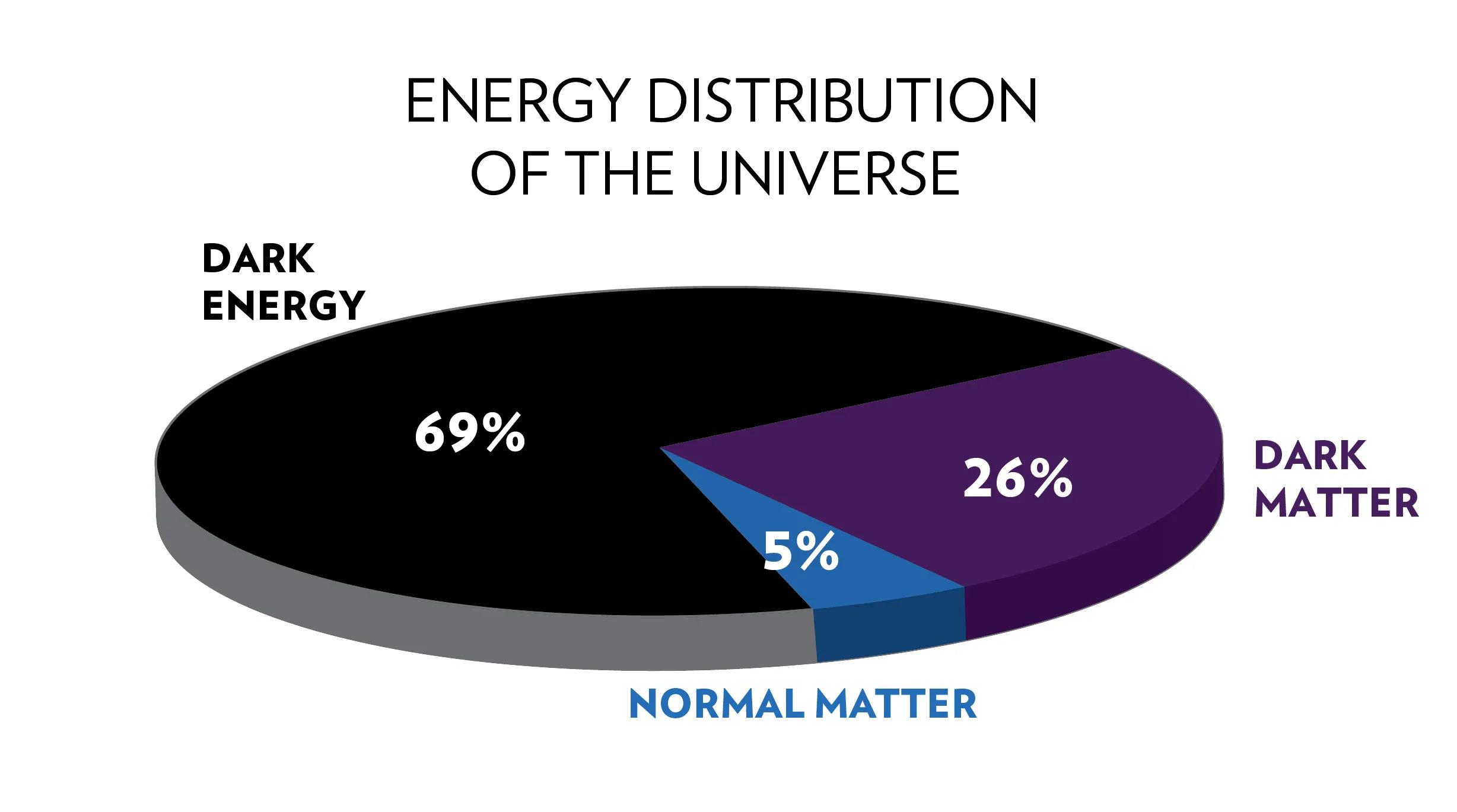
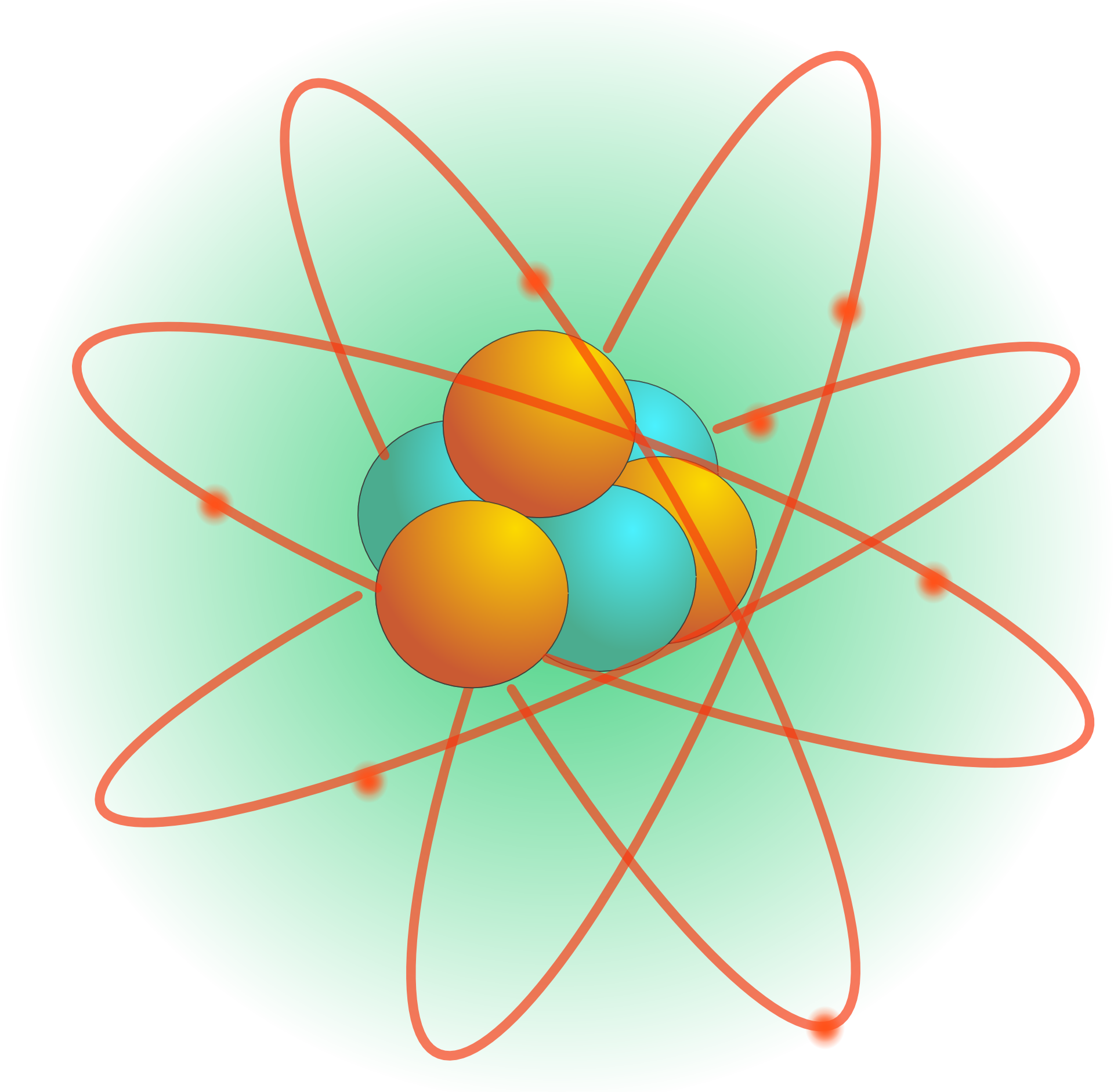
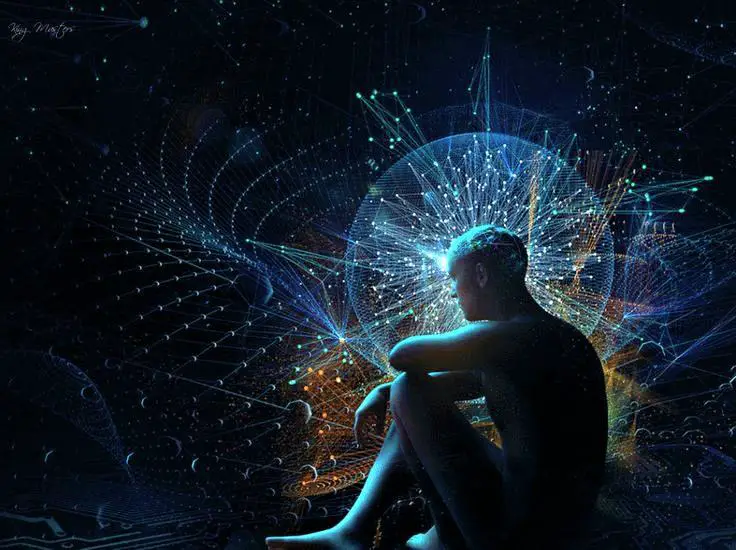
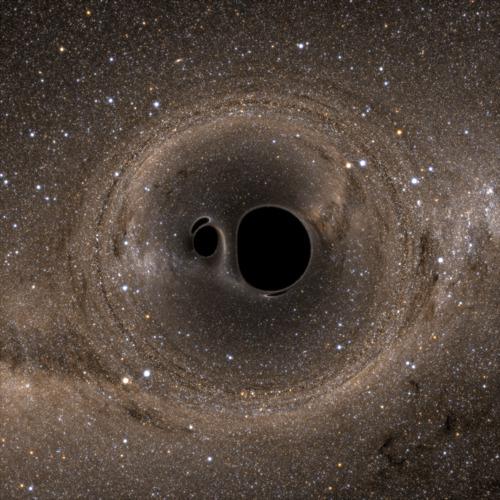


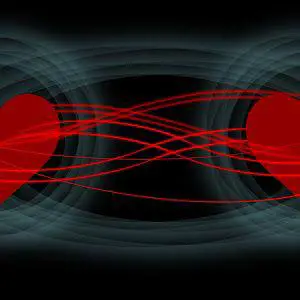





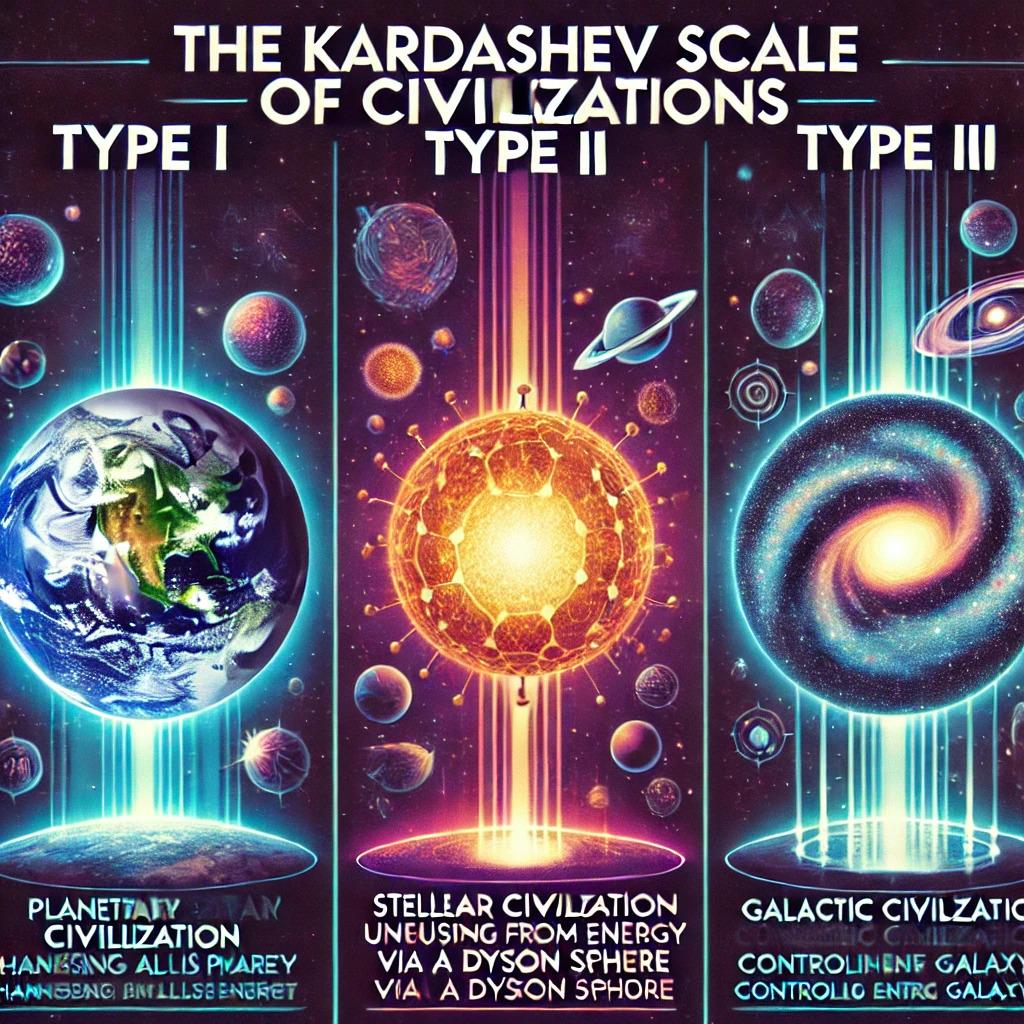








0 Comments, latest